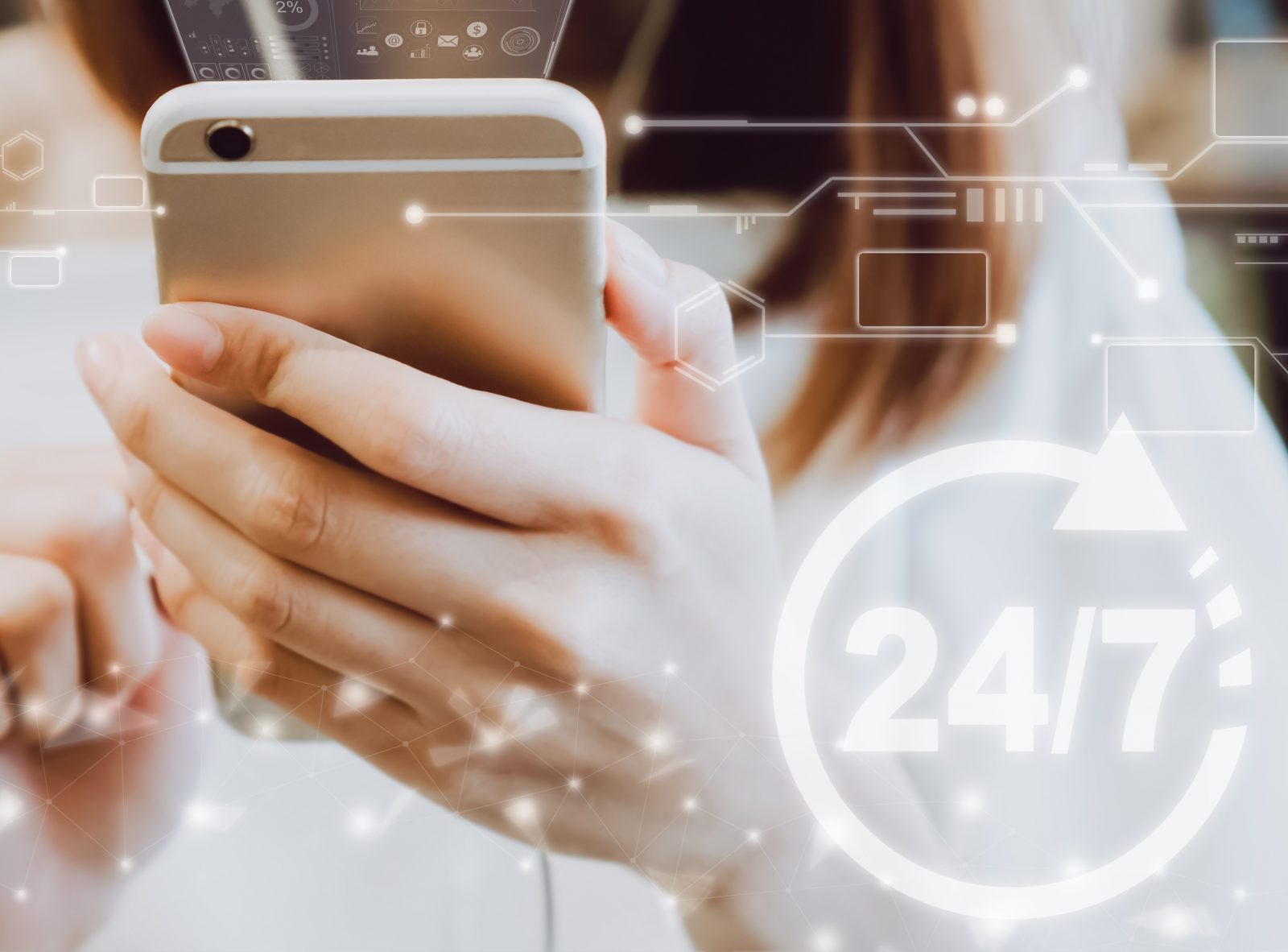Updated by 11.23.2023
IVR Payment System Benefits Begin with Cutting Costs

Most companies share common goals for 2016: streamlining operations to decrease overhead and increase profits. Many businesses that accept large amounts of client remittances think they can’t lower their significant payment-processing expenses. But an interactive voice response (IVR) system can reduce transaction costs, strengthen security, diminish delinquencies, utilize employees better, and improve customer satisfaction.
Understanding Phone Method Functionality
You’ve probably encountered IVR technology that helps you conduct personal or professional dealings via automation without speaking with actual humans. Your business might use a virtual receptionist to welcome callers and elicit responses, which help them access appropriate employees or departments. The same principles allow users to provide full payment details via their phone system.
When customers call, they announce their requested account identifiers or punch them in on phone keypads, elect to make payments, enter remittance details such as credit card or bank account numbers and dollar amounts, and authorize their transactions. Your IVR system will process client information and generate confirmation codes automatically.
Embracing Business Advantages
Online payment popularity increases every year, accounting for nearly 50 percent of bills today. So why would you offer an IVR option? Even though many merchants concentrate on web-based and/or mobile technologies, those approaches don’t suit everyone. Mature clients and those without unlimited Internet access will appreciate the convenience of settling up by phone. Other business benefits include:
Reducing Transaction Costs
The average price of delivering and accepting payments electronically is around 6 cents each, reports a study. When consumers pay via call centers, rates soar to roughly 70 cents each. Answering facilities spend almost $150 billion per year on agent wages and necessary infrastructure to fulfill incoming requests. But the IVR method doesn’t require a staffed operation or human interaction, dropping per-bill outlays greatly. By avoiding long wait times for patrons to reach available live contacts, it will reduce your organization’s long-distance expenses dramatically.
Strengthening Security
Clients value IVR systems for avoiding entering personal financial details online, providing them to strangers in distant call centers, and agents repeating them aloud. Those advantages reduce fraud and increase consumer confidence. Encrypting and tokenizing private data before sending it to your transaction processing server boost protection. Your setup stores nothing but confirmation facts, so internal personnel can’t view or access specific customer information. Such extra measures safeguard your firm and clientele from security breach consequences.
Diminishing Delinquencies
Studies show that offering phone payment options to purchasers can decrease delinquencies, especially among older people without internet access. An IRV will raise your organization’s ability to handle more calls more efficiently, replacing outstanding invoices with growing revenue.
Utilizing Employees Better
Rather than paying dozens of rotating workers to fill round-the-clock call center shifts, fewer personnel can undertake more strategic duties that will expand your business.
Improving customer satisfaction: Today’s buyers expect multiple payment types and positive experiences. For most, writing and snail mailing checks is a cumbersome and antiquated process with inconvenient time delays. Consumers without access to online portals or alternative remittance options have no other choice.
You can lower their chances of changing providers or shopping elsewhere by offering a safe phone transaction mode that satisfies their needs. This competitive edge also helps them avoid the hassles of talking with live operators.
A survey discovered that 66 percent of patrons view self-serve methods as more convenient. That preference rose to 82 percent for Gen Y participants. Despite internet, social media, and mobile device prevalence, most consumers prefer customer service by phone. An IVR system will boost effectiveness by enabling callers to bypass lengthy hold stages during the busiest call-in periods, helping themselves more quickly instead.
Streamlining Transaction Processing
To decide if an IVR system for phone purchases is a good fit for your organization, consider your payment, customer base, and staff statistics. If you discover that online transactions are limited, delinquencies are high, hold times are excessive, and call center costs are extreme, this choice could be the answer to minimize spending.
E-Complish’s inbound DirectPay and outbound EnterAct IVR services enable convenient credit card processing anytime — without any setup fees. These PCI-compliant options are popular for wide-ranging businesses including utility companies, health care providers, apartment complexes, airlines, pharmacies, credit card companies, storage facilities, public parking areas, and charities. Contact E-Complish today, and our in-house programming experts will customize your unique IVR solution.
Table of Contents
Table of Contents

